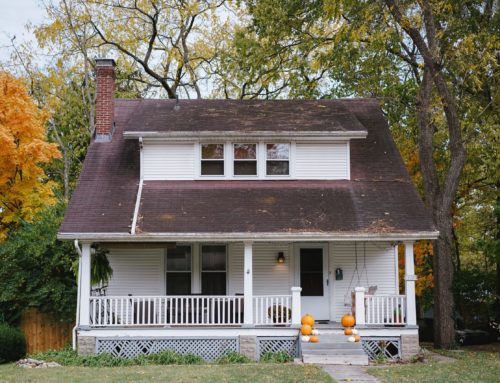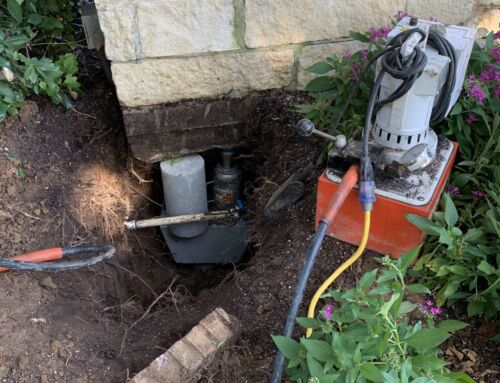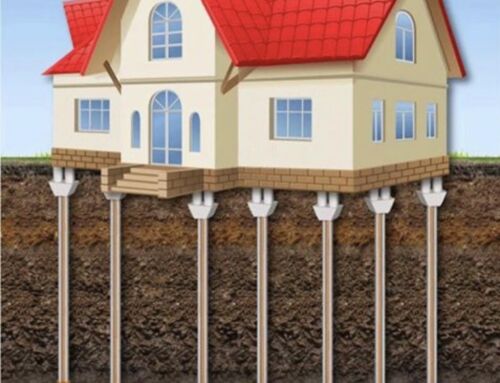Finding cracks in your foundation can be unsettling. You may wonder whether these cracks are merely superficial or indicative of significant structural issues. It’s crucial to recognize when a foundation crack requires professional attention to prevent potential damage to your home’s slab foundation. In this guide, we’ll explore the causes of foundation cracks, identify which types are most concerning, and explain how Discount Foundation Repair in Irving, Fort Worth, and Grapevine, TX, can help restore your home’s integrity.
Determining the severity of foundation cracks is crucial for preventing significant damage to your property. While not all cracks are a cause for alarm, understanding when they require attention can save you from costly repairs and potential structural failure.
Foundation issues are common in the Dallas-Fort Worth (DFW) area due to the region’s unique soil composition and weather conditions. While some cracks are minor and pose no immediate threat, others can lead to severe problems if not addressed promptly. At Discount Foundation Repair, we specialize in identifying and repairing these cracks, ensuring the safety and stability of your home.
What Causes Foundation Cracks?
Foundation cracks can arise from a variety of sources, each influencing the structure in different ways:
- Expansive Clay Soil: Common in the Dallas-Fort Worth area, this type of soil swells when wet and shrinks when dry, exerting variable pressures on the foundation.
- Weather Conditions: Extreme weather, like drought and intense heat, can cause the soil to contract or expand, leading to cracks.
- Poor Drainage: Improper drainage can lead to uneven soil moisture levels, which may cause parts of the foundation to settle differently.
- Tree Roots: Large trees near your home can cause movement in the foundation as roots grow underneath and draw moisture from the soil.
- Construction Issues: Faulty construction practices, such as inadequate soil compaction and poor building materials, can lead to foundation instability.
- Seismic Activity: Even minor earthquakes can create or exacerbate foundation cracks due to ground movement.
Which Type of Foundation Cracks Are Most Serious
Not all foundation cracks are created equal. Understanding the differences is key to determining their severity:
- Hairline Cracks: Typically found in newly settled structures and often not a major concern.
- Vertical and Diagonal Cracks: Usually caused by the house settling; can become problematic if they widen significantly.
- Horizontal Cracks: More severe and often indicative of pressure from soil or water buildup outside the foundation.
- Stair Step Cracks: Common in brick or concrete block walls, suggesting differential settling of the foundation.

Identifying Serious Foundation Cracks
Not all foundation cracks indicate serious structural problems, but some are red flags that require immediate attention. Here’s how to determine the severity of different types of cracks:
- Hairline Cracks: These are common and usually result from the normal settling of a house. Hairline cracks are thin and not typically a cause for concern unless they start to widen.
- Small Cracks (1/16” to 1/8”): Even minor cracks should be monitored, as they can widen over time. If you notice a small crack getting larger, it’s time to consult a professional.
- Moderate Cracks (3/16” to 1/2”): These cracks may signal more significant foundation issues, especially if they continue to expand. They often appear alongside other signs of foundation damage, such as uneven floors or doors that don’t close properly.
- Large Cracks (1” or wider): Large cracks are a serious concern and are often accompanied by other structural issues. These should be addressed by a foundation specialist immediately.
Types of Foundation Cracks
Understanding the type of crack you’re dealing with can help determine the urgency of repairs:
- Vertical Cracks: Typically caused by soil movement, these cracks are often found in areas with expansive clay soils, like DFW. While small vertical cracks may not be alarming, they should be monitored for growth.
- Horizontal Cracks: These are more serious and often indicate significant foundation movement or water damage. Horizontal cracks can lead to foundation failure and should be addressed immediately.
- Diagonal Cracks: These cracks, which typically appear at an angle, are often caused by foundation settling. They can be a sign of soil movement and may require stabilization.
- Stair-Step Cracks: Common in brick exteriors, stair-step cracks are usually a result of settling. These cracks should be evaluated by a professional, as they can worsen over time.
Fixing Foundation Cracks
Once you’ve identified a foundation crack, the next step is determining the appropriate repair method. At Discount Foundation Repair, we offer a range of solutions tailored to the specific needs of your home:
- Sealing: For hairline cracks, sealing can prevent moisture from entering and causing further damage.
- Stabilization: For larger cracks, stabilization may be necessary. This often involves installing piers or other supports to prevent further movement.
- Waterproofing: If water is seeping through cracks, waterproofing measures may be needed to protect your foundation from further damage.
Recognizing the Warning Signs
It’s not just cracks that signal foundation problems. Other symptoms include:
- Doors and windows that stick or don’t close properly
- Cracks in walls or ceilings
- Uneven or sloping floors
- Gaps between walls and the floor or ceiling
These signs, combined with visible cracks, indicate that your foundation may be compromised and in need of professional assessment.
When you need reliable foundation crack repair in the DFW area, trust Discount Foundation Repair to provide expert evaluations and effective solutions. Contact us today for a free assessment and ensure your home’s foundation is secure.





